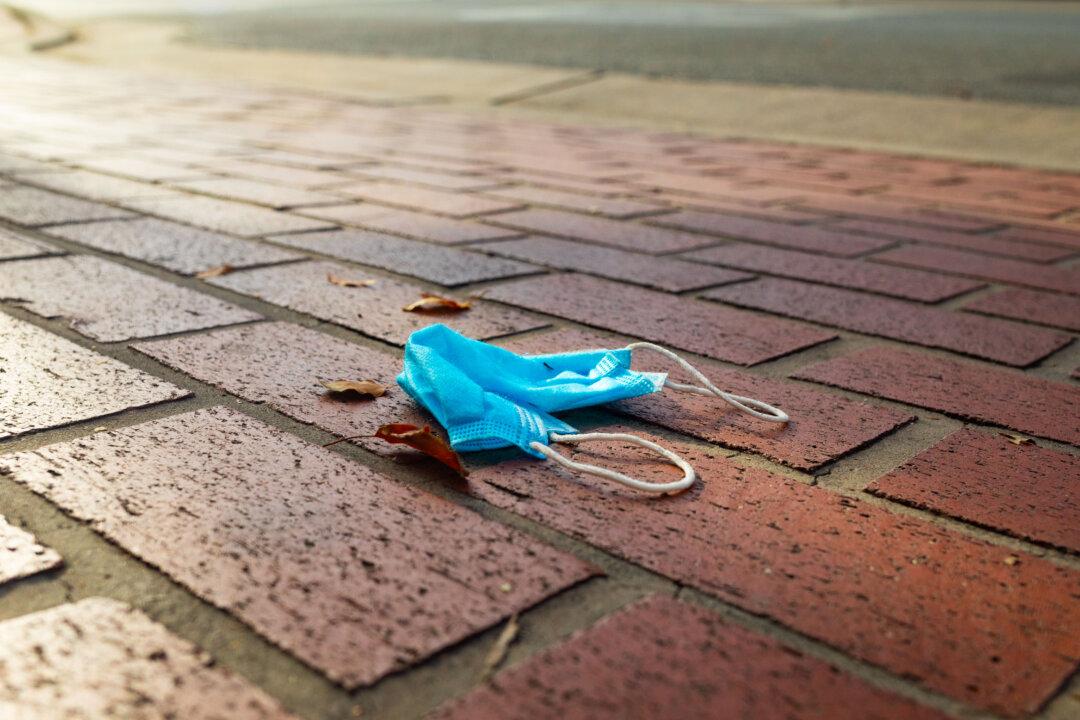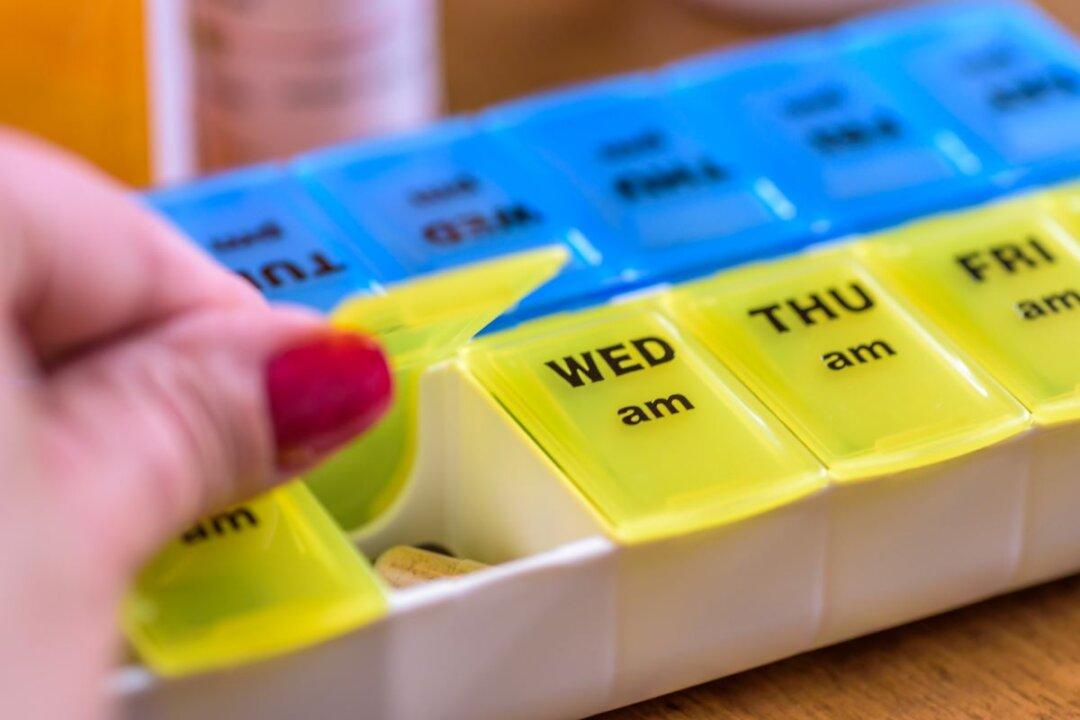The Western Australian government will ease a raft of COVID-19 public health measures across the state from April 29, with the changes coming on the back of high vaccination rates across the state and lower than anticipated COVID-19 case numbers, as well as the stabilisation of hospital admissions.
Masks will no longer be mandatory, except for those in high-risk settings such as hospitals, disability services facilities, residential aged care, and correctional facilities, as well as at the airport and on public transport.





